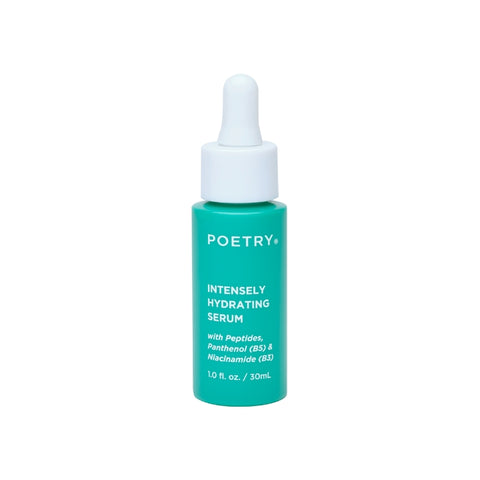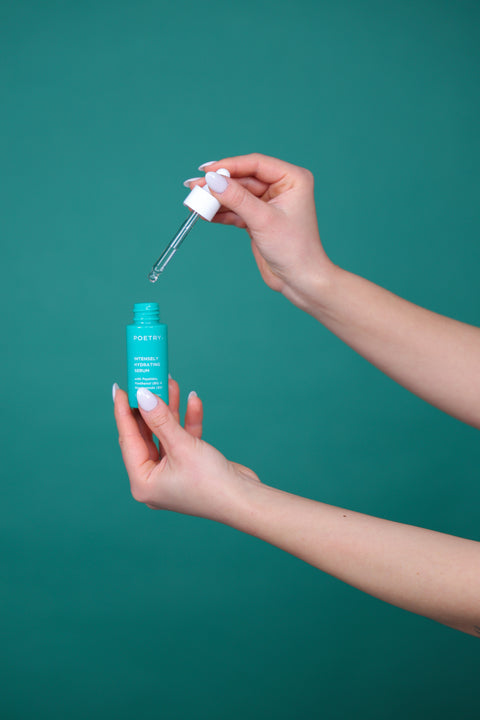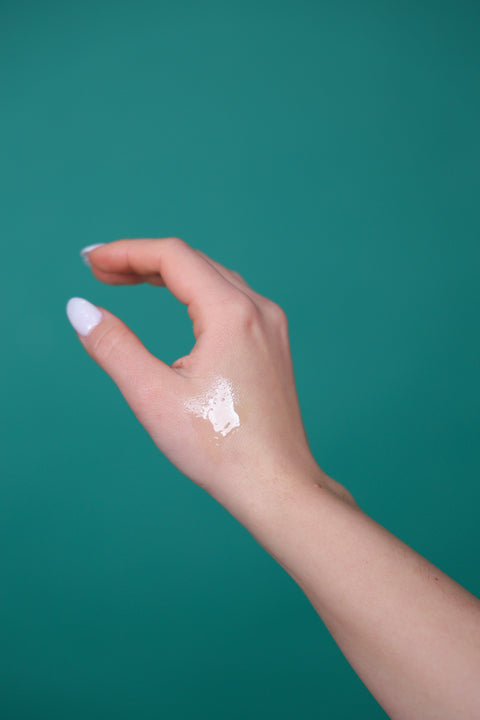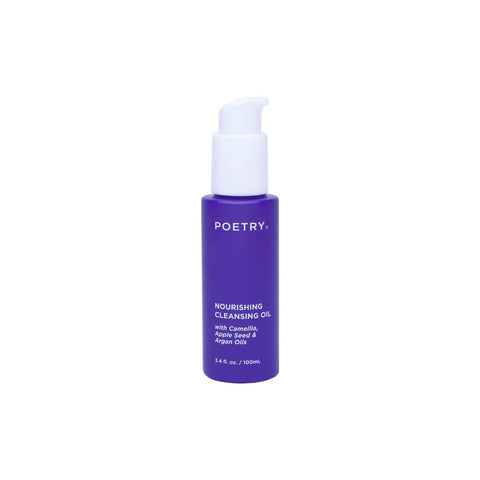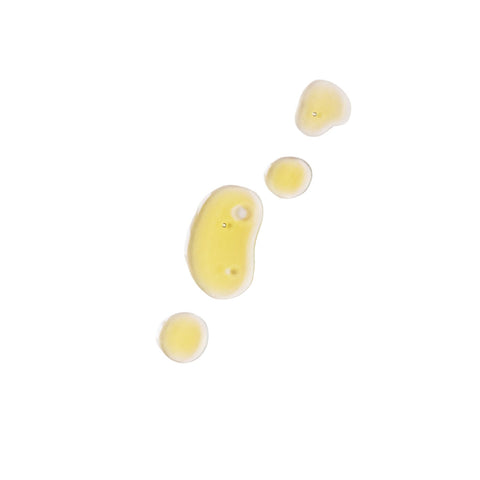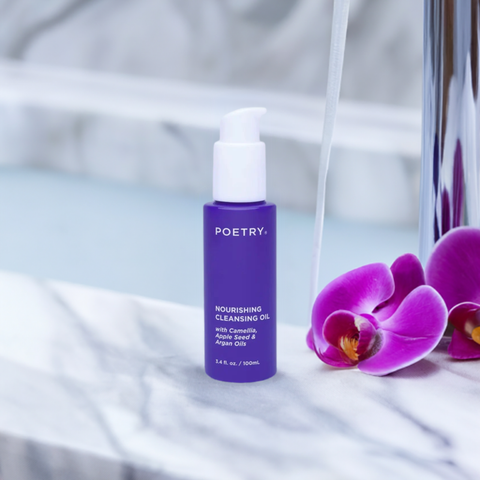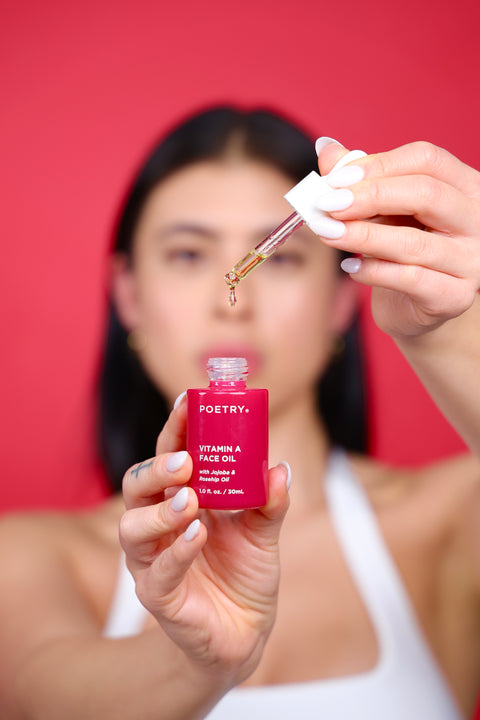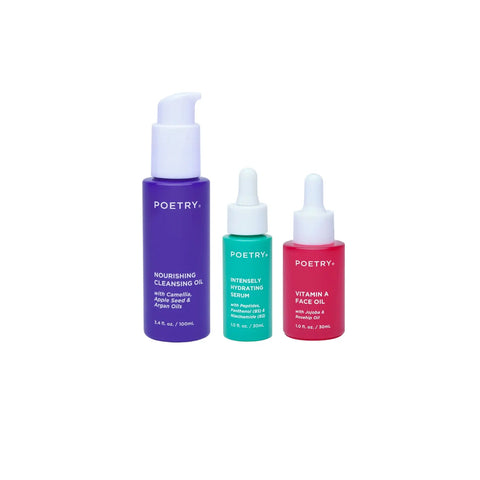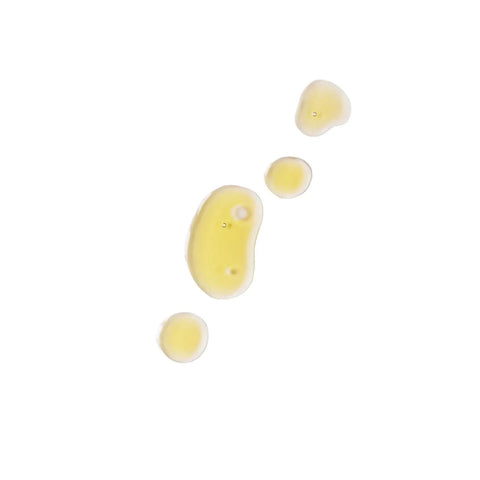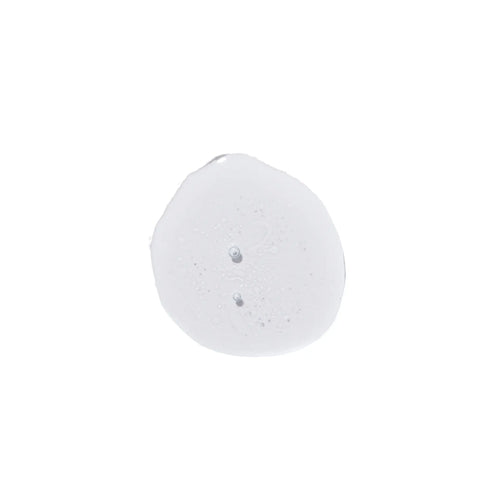Heptapeptide-8
Benefits: Anti-ageing, Hydrating, Soothing
Categories: Peptides
Description:
Peptides are parts of short or long-chain amino acids, and amino acids are the building blocks of protein. Skin is primarily made up of keratin (a protein), and research has shown that all peptides have some amount of skin-restorative ability.
The dermal-epidermal junction is where the epidermis meets the dermal layer of the skin. Its function is to resist mechanical forces that may damage the skin and its permeability regulates water, oxygen, nutrient exchanges and waste removal. As we age this junction flattens and as a result the skin has a decreased resistance to structural changes and less dermal-epidermal exchanges. Communication between these two layers is essential for skin homeostasis.
Heptapeptide is one of the newest anti-aging ingredients that are being incorporated into skin care. It is known to mimic the action of laminin-5, an important molecule that is present in the dermal-epidermal junction and is responsible for improving its function. Studies have indicated that laminin-5 is necessary for the health and appearance of the skin and is directly involved with skin ageing. Clinical studies by the ingredient manufacturer found that using Heptapeptide over a 21 day period helps tonify the skin, improves its smoothness and helps regenerate and renew the skin on a cellular level.
Individual results may vary.
- Heptapeptide-8 has the ability to enhance the integrity of the skin and improve its function through the dermal-epidermal junction. The structure of this junction is one of the first places of the skin to be altered by ageing.
- Heptapeptide mimics the action of laminin-5, an important protein present in the basement layer of the skin and responsible for improving its function. The basement layer is where cellular communication, cohesion and cellular regeneration occur.
- Heptapeptide also stimulates the synthesis of integrins and keratins which are proteins produced in the epidermis and that are involved in the barrier function of the skin. They are involved in cell to cell adhesion, improving the skin barrier function and allow the skin to appear firmer.
- Heptapeptide stimulates the biosynthesis and secretion of laminin-5 and B1 integrins, which may assist in protecting the basement membrane against damage caused by ageing and helps to improve its structure and function.
- Heptapeptide has been demonstrated to increase the biosynthesis of collagen producing genes; Collagen I and Collagen III, which are important because they are responsible for the extensive connective tissue that is found in the skin, lungs and vascular system. As part of the etracellular matrix, its main function is to create resistance to mechanical tension and provide skin support.
- Heptapeptide has also been found to stimulate the bio-synthesis of fibronectin, which is a glycoprotein that assists in the process of wound healing and is involved in cell adhesion, cellular growth, migration and differentiation.


